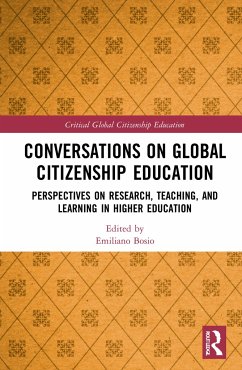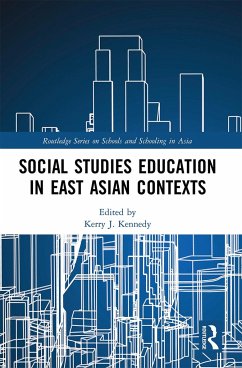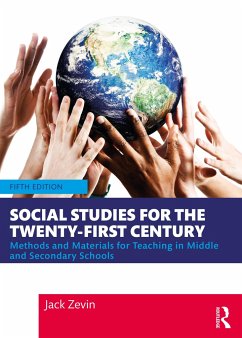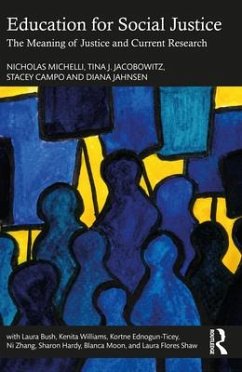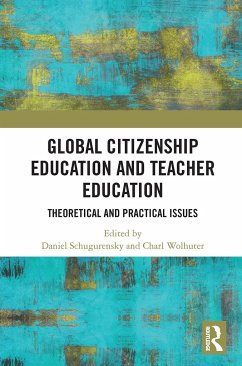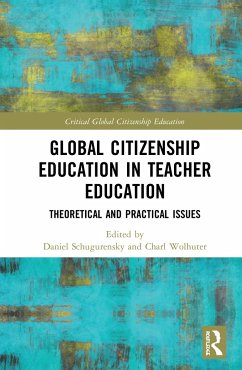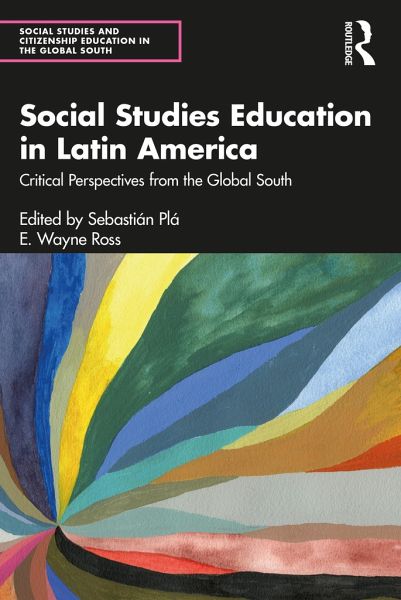
Social Studies Education in Latin America
Critical Perspectives from the Global South
Herausgegeben: Plá, Sebastián; Ross, E. Wayne
Versandkostenfrei!
Versandfertig in 6-10 Tagen
43,99 €
inkl. MwSt.

PAYBACK Punkte
22 °P sammeln!
This book offers a path forward, for the growing collaboration in social studies education between Global North and South educators, practitioners, and researchers. In this volume, leading critical social studies education researchers from Latin America explore the constant presence of colonialism, capitalism, patriarchy, and state violence. Chapter contributors represent a large part of the continent and offer perspectives on a wide range of topics, including recent history and memory, cultural dimensions of social studies education, and comparative studies among Latin American countries.By b...
This book offers a path forward, for the growing collaboration in social studies education between Global North and South educators, practitioners, and researchers. In this volume, leading critical social studies education researchers from Latin America explore the constant presence of colonialism, capitalism, patriarchy, and state violence. Chapter contributors represent a large part of the continent and offer perspectives on a wide range of topics, including recent history and memory, cultural dimensions of social studies education, and comparative studies among Latin American countries.
By bringing together this critical work in one volume, the book fosters conversation across geographic regions to transcend the national contexts for which these analyses are generally produced. This collection provides insights into issues of curriculum, teaching, teacher education, and research in the region and will be of interest to readers both familiar with and new to research on social studies, history, citizenship, and geography education in Latin America.
By bringing together this critical work in one volume, the book fosters conversation across geographic regions to transcend the national contexts for which these analyses are generally produced. This collection provides insights into issues of curriculum, teaching, teacher education, and research in the region and will be of interest to readers both familiar with and new to research on social studies, history, citizenship, and geography education in Latin America.



